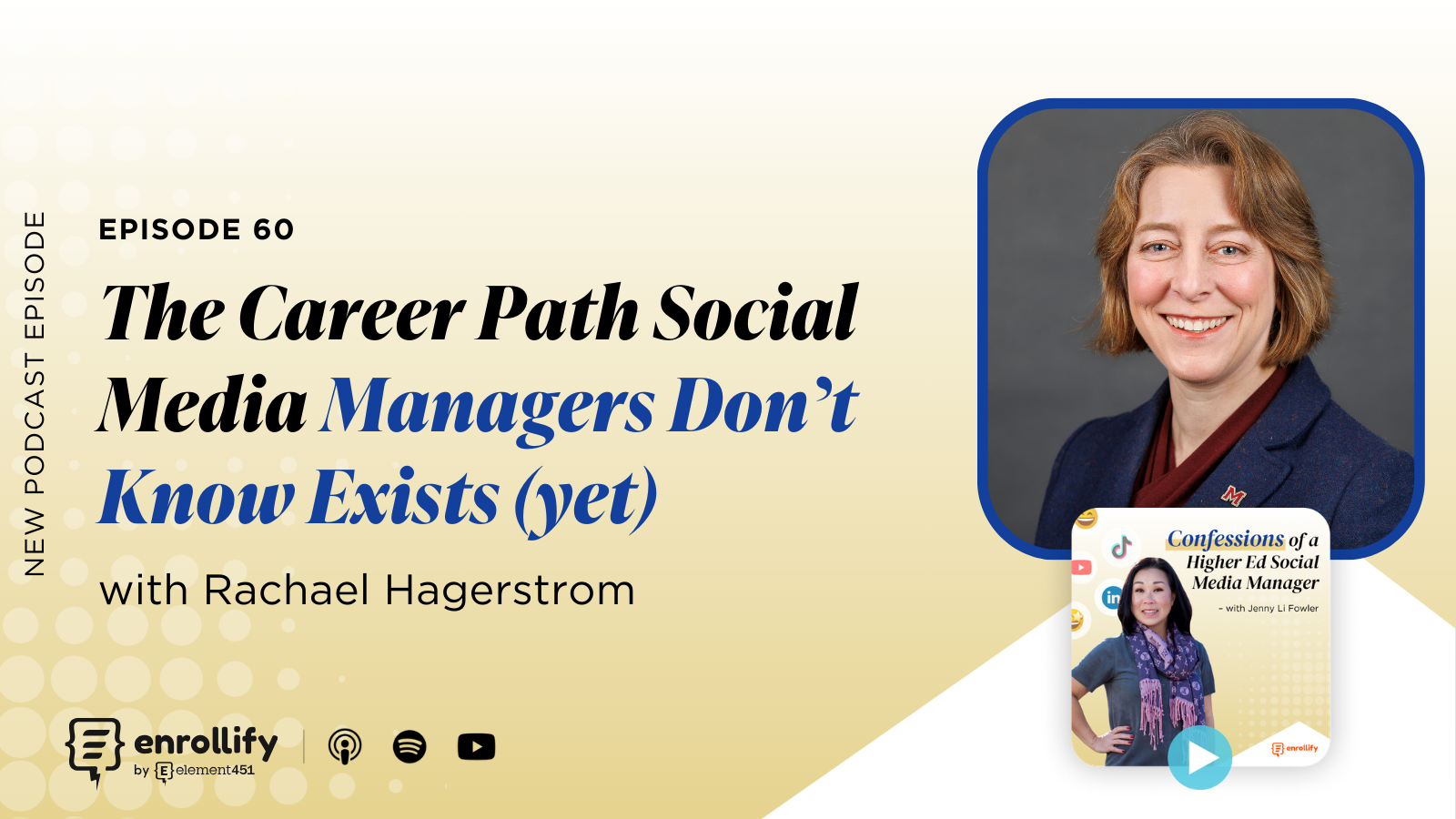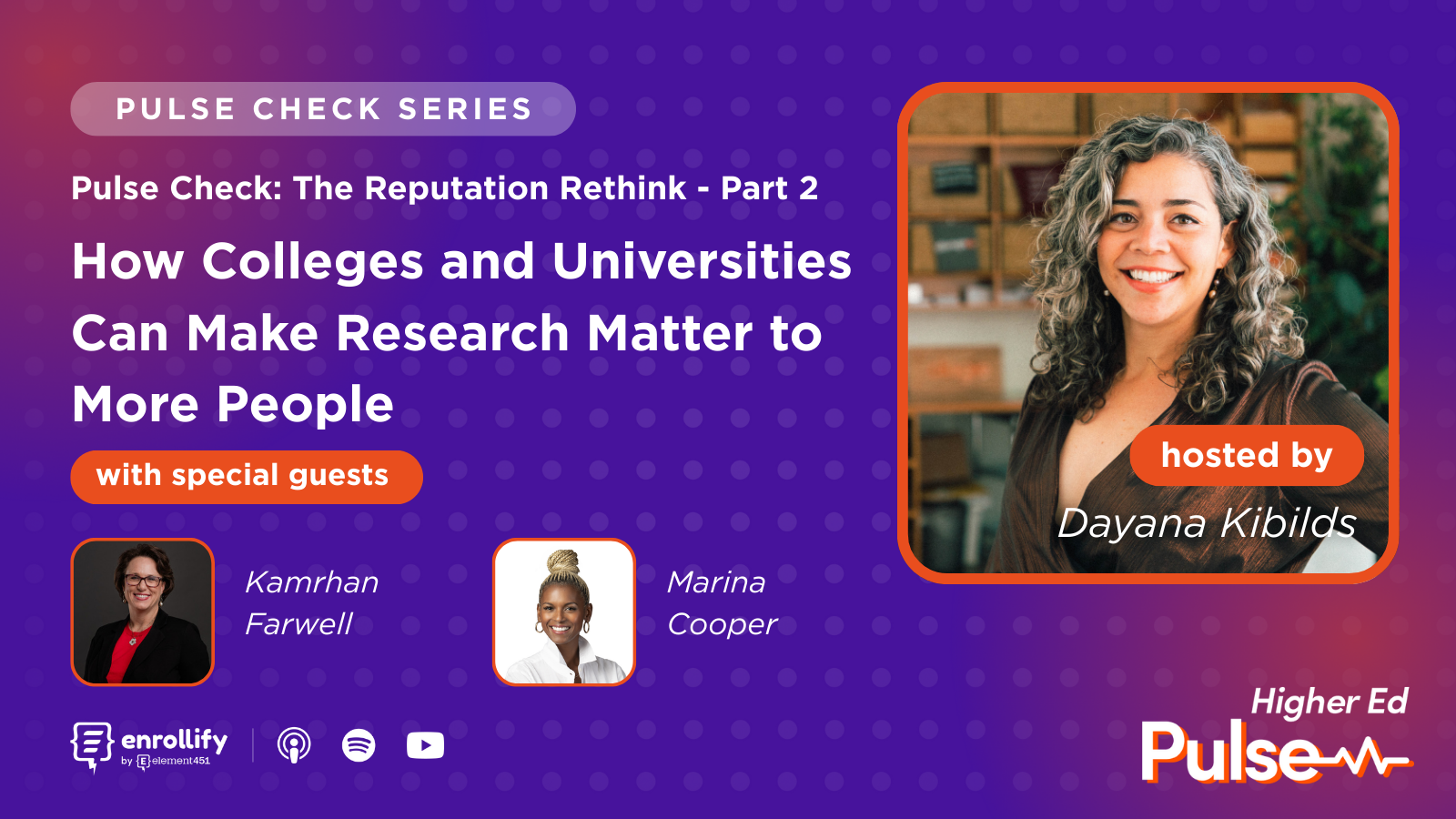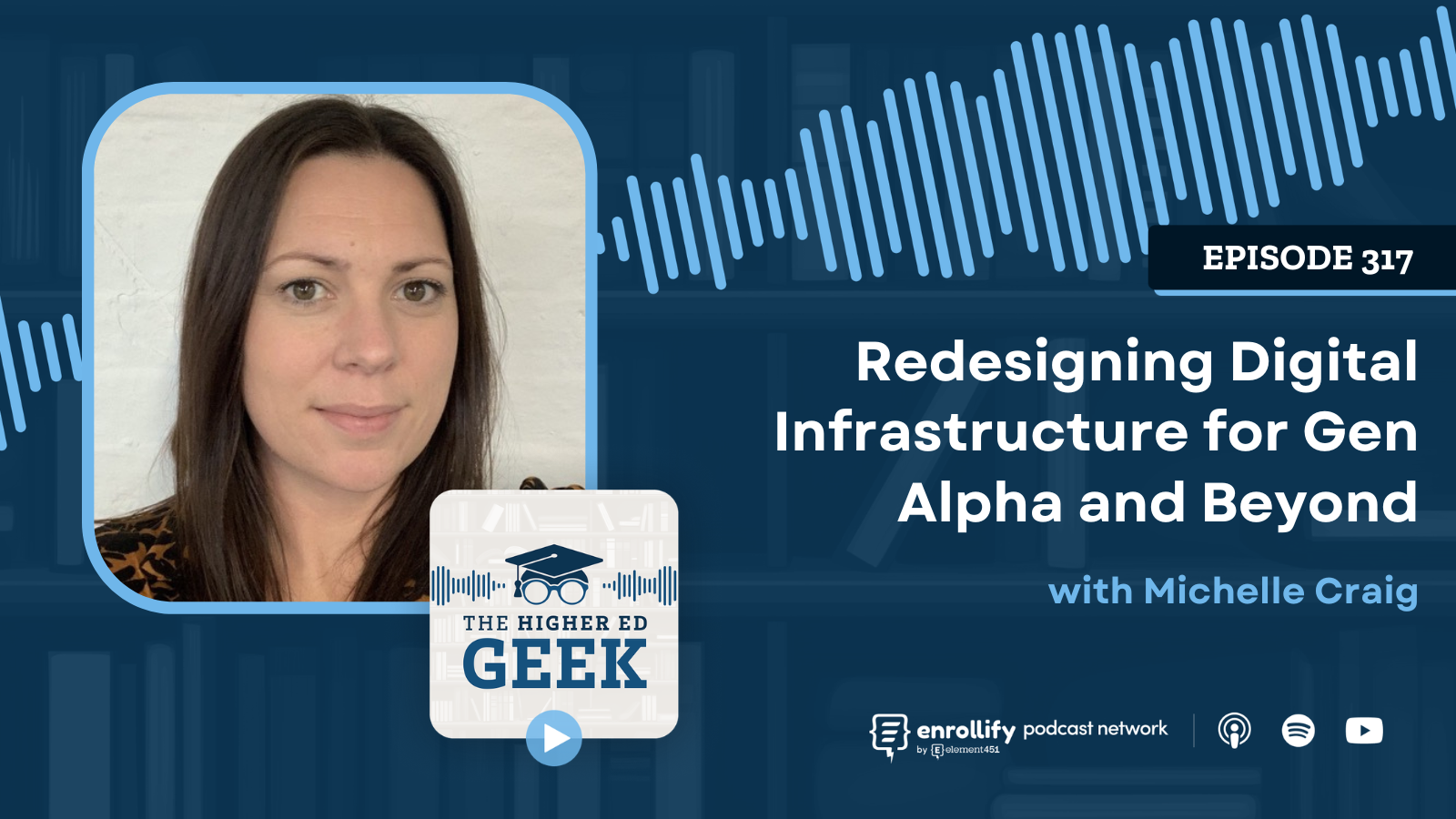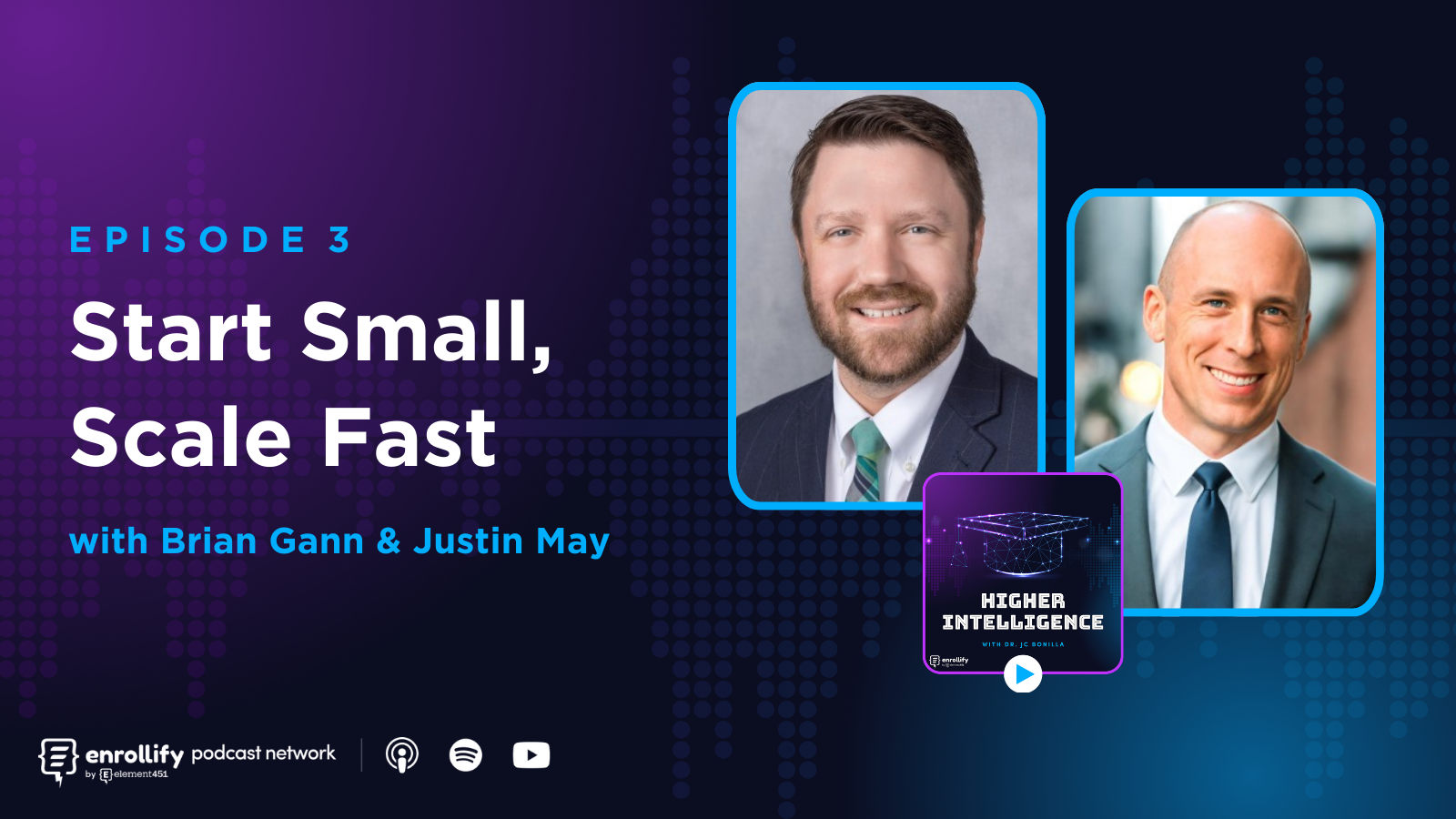About the Episode
In this episode of Generation AI Podcast, hosts Ardis Kadiu and Dr. JC Bonilla dissect the monumental lawsuit between The New York Times and OpenAI, shedding light on its profound implications for the world of artificial intelligence and higher education. With a focus on the intersection of AI technology and copyright law, they expertly navigate the complexities of the case, highlighting the key arguments of both parties and their potential outcomes.
Listeners are treated to a thought-provoking analysis of how this lawsuit sets a precedent for the use of copyrighted material in AI training, offering significant implications for the future of AI technologies and higher education applications. The hosts tackle the delicate balance between technological innovation and the protection of intellectual property rights, presenting a captivating discussion that leaves no stone unturned.
Key Takeaways
- The Lawsuit: The New York Times alleges OpenAI and Microsoft infringed copyright by using millions of its articles to train AI models, including ChatGPT.
- Key Legal Issues: The case focuses on whether OpenAI’s use of New York Times content qualifies as fair use, if it’s transformative, and whether it harms the publisher financially.
- Broader Implications: The case could set legal precedents for how copyrighted material is used in training AI models, impacting creators, tech companies, and users alike.
- OpenAI’s Response: OpenAI has countered by emphasizing collaboration with news organizations, fair use compliance, and addressing content regurgitation as a rare issue.
Episode Summary
The Context: Why This Lawsuit Matters
The New York Times lawsuit marks a critical juncture in the evolving relationship between AI and copyright law. The lawsuit alleges that OpenAI and Microsoft have violated copyright by using New York Times articles to train AI without proper licensing. The newspaper argues this infringes on its intellectual property, particularly as ChatGPT can regurgitate content verbatim, potentially diverting readers from its platform.
This case stands apart from previous lawsuits against AI companies, such as Getty Images’ suit against Stability AI, by presenting concrete evidence of alleged harm, including direct competition for audience attention and reputational risks from hallucinated outputs attributed to the Times.
OpenAI’s Counterarguments: Fair Use and Collaboration
In its January 2024 response, OpenAI outlined four key points:
- Collaboration with News Organizations
OpenAI claims to be actively working with publishers to create new licensing agreements and revenue streams, emphasizing ongoing discussions with groups like the News Media Alliance. - Fair Use Compliance
OpenAI argues that its use of copyrighted material is transformative and falls under fair use, akin to previous legal precedents set by Google Scholar’s use of scanned books for indexing purposes. - Addressing Regurgitation Issues
OpenAI acknowledged instances where AI outputs mirrored original content and committed to refining its models to eliminate such occurrences. - New York Times’ Role
OpenAI suggested the Times may have manipulated prompts to deliberately elicit near-verbatim outputs, raising questions about the intent behind the evidence presented.
Implications for AI and Copyright Law
- Potential Precedent Setting
This case could establish how copyright law applies to AI training data. A ruling in favor of the New York Times might lead to stricter licensing requirements, reshaping how generative AI models are developed and monetized. - Commercialization of AI Training Data
The debate centers on whether licensing should apply only during model training or extend to the usage phase. As Ardis noted, the focus could be on monetizing the training phase rather than the infinite execution of models. - Higher Education and AI Tools
Universities leveraging AI for recruiting, learning, and administration could face ripple effects. Licensing costs might increase, but these expenses could remain hidden behind vendor contracts, as JC highlighted.
Broader Industry and Public Perception
Beyond the courtroom, the lawsuit has ignited discussions about the balance between fostering innovation and protecting intellectual property. Public trust in AI is at stake, as organizations grapple with ensuring fair compensation for creators while maintaining the accessibility and utility of AI tools.
For media companies, the stakes are particularly high. As JC pointed out, the lack of a clear commercialization framework for journalistic content in AI could lead to either greater collaboration or intensified conflict between tech giants and publishers.












.png)


